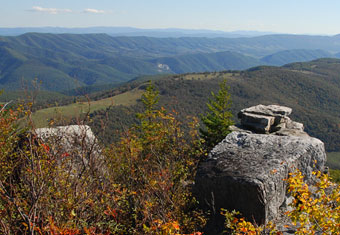

Abstract
Climate change is occurring rapidly, and warming is expected to continue even if measures are enacted to curb carbon emissions. The unprecedented pace of contemporary climate change, in conjunction with highly fragmented landscapes, may render many species unable to shift ranges or adapt to novel climatic conditions. For those species threatened with extinction, persistence may be contingent on human assistance. Managed relocation is a proposed conservation action in which species, populations, or propagules are transported to higher latitudes or elevations to track the climatic conditions to which they are adapted. While managed relocation is a frequently cited conservation measure for preserving biodiversity as global temperatures rise, few tests of managed relocation have been conducted, and relatively little is known about the efficacy and replicability of this technique. Scientific evaluation of managed relocation must occur quickly, or we may face additional extinctions due to inaction or poorly executed relocations. In this proposal, I perform managed relocation of American ginseng plants, seeds, and pollen to examine two fundamental questions: 1) Do the benefits of tracking the climatic conditions to which a population or species is adapted outweigh the costs of severing associations with other, non-climatic environmental variables? 2) Does genetic mixing between individuals introduced by managed relocation and individuals of extant populations affect the fitness of subsequent generations?
